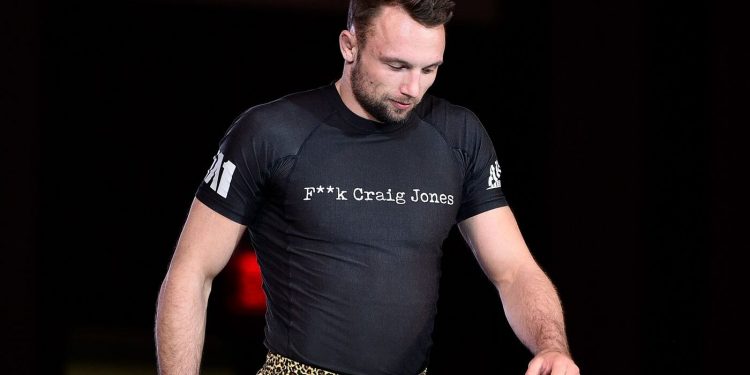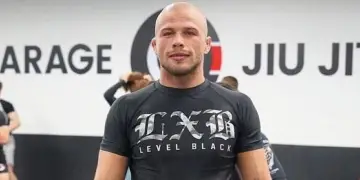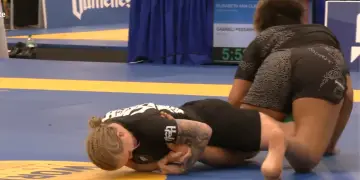Craig Jones recently made an appearance on the Be Effective podcast, where he revealed what he believes to be some of the secrets behind the success of the Danaher Death Squad in recent years. According to Jones, a lot of it really boils down to how comfortable those grapplers can get with being in the very worst positions in the sport. He also explained that this is where he found a gaping hole in his own game, and where he found the most benefit from training with the team:
“These guys would train bad positions every day. Like we’d start in mount, turtle, closed guard… It made me realize that although I don’t get put in these positions much, I really have a lack of knowledge in those positions. That’s really where I got beaten up. Not only was I using a lot of energy to escape or survive those positions, I really wasn’t escaping or surviving those positions and that really showed me a huge hole in my game. That’s why I think the DDS guys are so comfortable in such a submission orientated, aggressive game.”
Of course, another big factor is the presence of John Danaher himself. Not specifically the man as such, moreso the unique position that he is in; being able to act solely as a coach and not as a competitor or athlete himself. This allows Danaher to be an ever-present figure keeping a watchful eye on every roll that takes place in his gym, it’s likely that this is just one of the factors that has led to Jones deciding to move to Puerto Rico to continue training with Gordon Ryan and the team:
“You’ve got a guy in the room, and this is obviously a luxury, he sits there and watches every round. So when he sees someone in a sticky situation, he immediately addresses it after class, or he structures the next day’s class around it.”
Then of course, there’s the issue of cardio; something that could end up paying dividends when Jones faces off against Ronaldo Junior at the upcoming Who’s Number One event. Jones explains that a big part of the training process in the blue basement is that they do not follow the traditional setup of 5 minute rounds with a minute of rest, and instead they will go for the entire time without rest, and without knowing how long each round will be:
“There’s no rest in between each round, so we’ll do six or seven rounds but there won’t be any time in between. So that adds another layer to things, because it means you have to be efficient. We don’t know how long each round is gonna go. He just says ‘time.’… When you don’t know how much time is left, you’re basically doing jiu-jitsu the whole round.”
Alongside the secrets for success that Danaher provides to the team behind closed doors, Craig Jones explains that a lot of them do end up making it to the wider community, and being a benefit to the entire world of Jiu-Jitsu as well:
“John sort of has these techniques we’re working on that we try to use in competition. When those are implemented effectively in competition, we sort of bring out the instructional product then, so everyone else sees what we’re doing, but then we’re already moving on to the next wave. It forces not only the whole world’s jiu-jitsu forward, it forces us forward, because we can only do something for so long before people pick up on it.”













